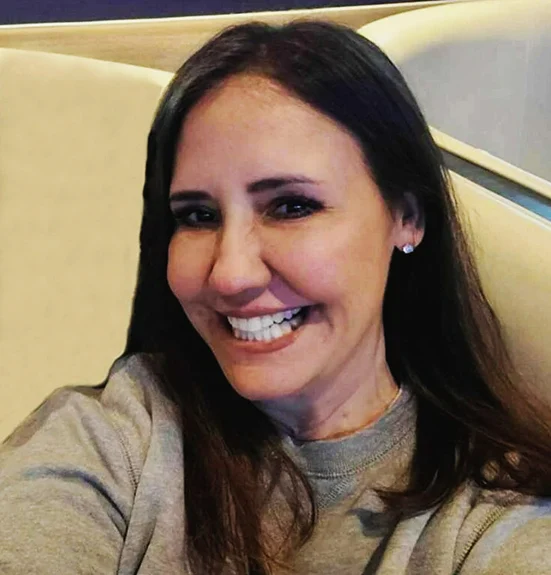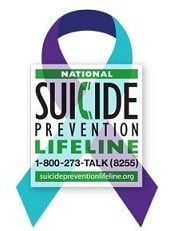So where do you start, when you’re depressed?
If you feel that you may suffer from depression, the most important thing to keep in mind is this- you are not alone. Most people suffer from at least one period of depression in their lives, and many people live with depression day in and day out. Depression can be triggered by the loss of a loved one, or it may be a more disruptive illness that interferes with the ability to enjoy work and family life on a daily basis.
Depression affects everyone differently, but people who are depressed usually feel overwhelmed by pressing ideas of hopelessness and loneliness. These feelings, coupled with fear and anxiety, make it difficult for people suffering from depression to face the issue head on. Don’t let these feelings keep you from seeking help.
Depression can be treated with a combination of support, medical intervention and self-help. You do NOT have to suffer alone.
Get support for your depression
The first step in relieving your depression is acknowledging that it exists. Talk to a loved one or trusted friend. Don’t be afraid to ask for help. Addressing your feelings is a big step in the direction to recovery. When you open up to the people who are close to you, you give them the opportunity to support you and understand what you’re going through. This is helpful for both you and your loved ones.
See a Doctor to help you manage depression
Seeing a doctor helps determine the cause of depression. If you’re not sure of the cause, start with your family physician. Depression can be caused by many factors: the death of a loved one, the change in the seasons (seasonal affective disorder), a chronic chemical imbalance, etc. If you know that your depression is brought on by a specific trauma, ask your family physician for a referral to a counselor or a psychiatrist.
Therapy can help you understand and cope with depression
Talking about your problems with a mental health professional (counselor) can be helpful in treating depression. No matter how trivial you consider your problems to be, or how hopeless you feel in doing anything about them, a mental health professional takes your problems seriously and gives you undivided attention and direction.
Talking to a counselor is different than talking to a close friend.
Counselors are trained to remain objective when listening to your problems so they can formulate a plan to help you make positive changes in your life. Mental health professionals create a safe environment to share negative feelings that your loved ones may take personally. It will take time for your depression to lift. By talking to a mental health professional in a safe and open environment, you’re taking a positive step to the road to recovery.
Medication for depression is available
Some types of depression respond well to medication. This must be prescribed by a doctor. However, keep in mind that anti-depressant medication is not a cure-all. Treatment of depression with medication, if used, needs to be taken in conjunction with counseling. Unfortunately, your issues don’t go away just by popping a pill. A mental health professional will give you the support you need to move forward with your life in a healthy direction.
You can begin to help yourself
Sometimes depression, especially if it’s caused by a certain traumatic event, can be alleviated by following a healthy diet and getting regular exercise. Aerobic exercises such as walking, bicycling or swimming are especially beneficial. Scientists theorize that these exercises release “feel good” hormones (endorphins) in the brain that can naturally lift your spirits and help you feel more optimistic and in control. This approach can be useful, especially when taken with another form of therapy.
Mental health and physical health go hand in hand with each other. When you’re suffering from depression, it’s especially difficult to get active. A mental health professional can give you tips to keep you motivated on your path to recovery.
Moving toward recovery
Almost everyone who experiences depression recovers and feels good again. Your “normal self” is not lost. Recovery is a step-by-step process, but the first small step leads to the next one. With help, and a little bit of self determination, you’ll be able to enjoy your life again.
If you (and/or or someone you care about) need help to overcome depression, please reach out to Tracy Crain.






